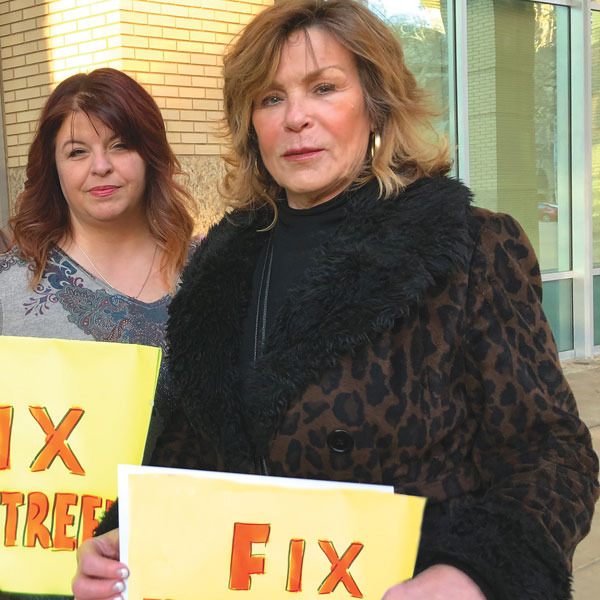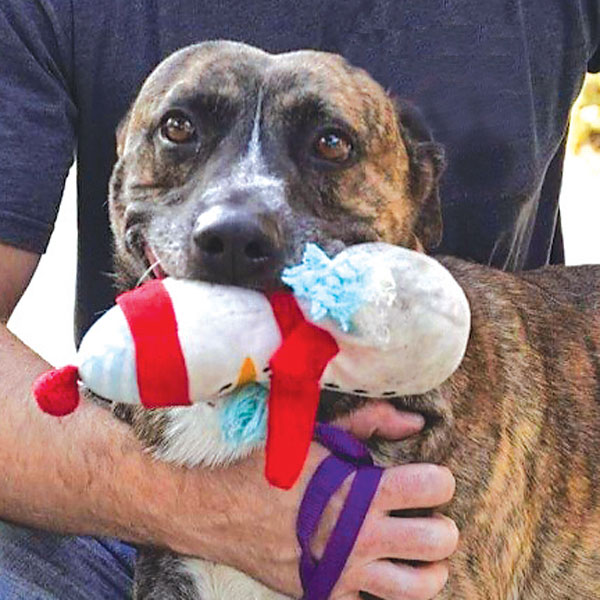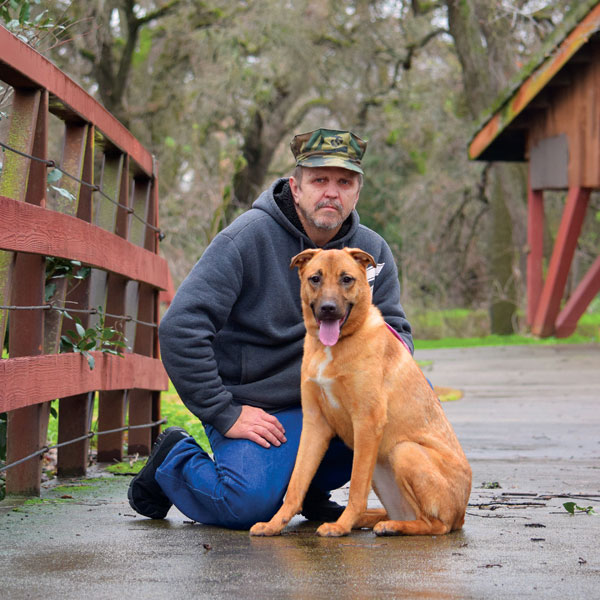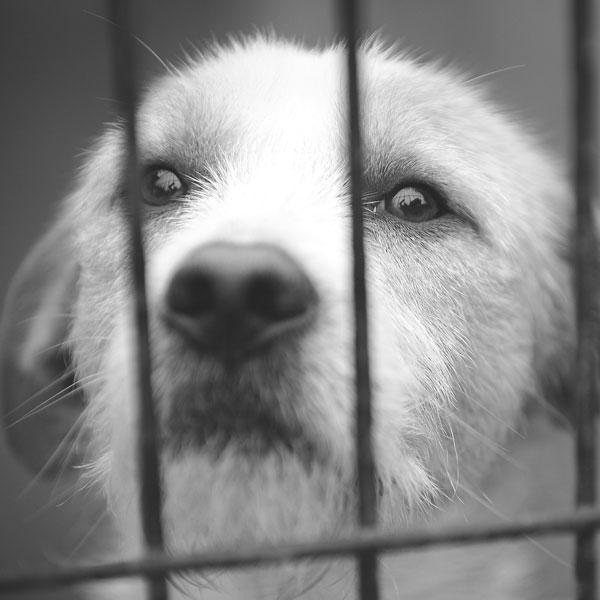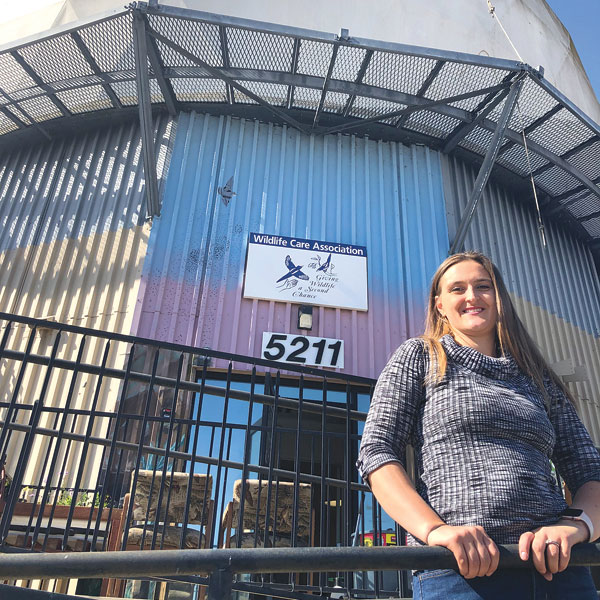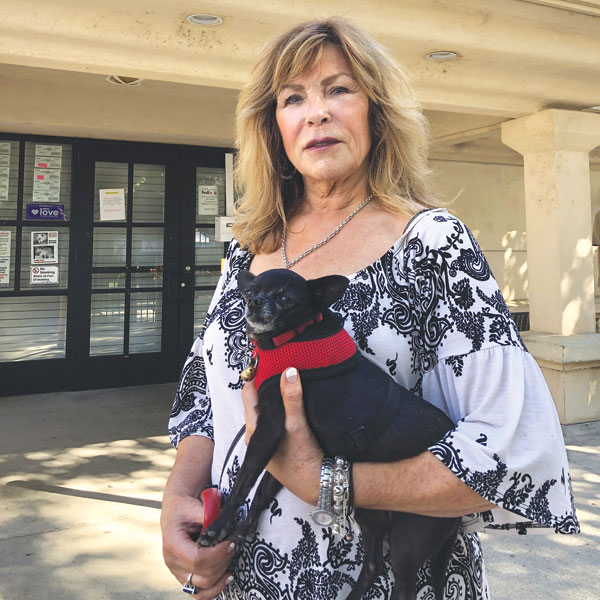
Apr 28, 2023
The meeting was touted as a Community Participation Workshop. It was anything but.
Its purpose was to give the public an opportunity to share comments, concerns and suggestions with the Animal Care Citizens Advisory Committee, a seven-member panel that makes recommendations to the City Council regarding the Front Street Animal Shelter.
Community members who turned out to have an open discussion about the city shelter were shut down after two minutes of comments—four minutes if the committee had no follow-up.
Questions from the public went unanswered. Dialogue was zero.

Feb 28, 2023
Waffles was a stray when he arrived at the city’s Front Street Animal Shelter last September. The friendly 3-year-old shepherd/bull terrier mix became a shelter favorite. Volunteers called him a “belly-rub addict.”
The brown and black brindled canine was adopted Oct. 6 and returned Oct. 18; adopted again Dec. 11 and returned Dec. 15.
One day later, Waffles was euthanized.

Jan 28, 2023
This is about Bella and the system that failed her.
Dec. 4, a neighbor calls 311 about a dog at her apartment complex in South Natomas. The canine is left 24/7 on a small uncovered patio with no food or shelter. Storms are raging, temperatures are in the 30s.
Photos taken over the fence show a short-hair, medium-size, brown dog on a 3-by-5-foot cement patio. Her ribs protrude. She stands in her feces.

Dec 28, 2022
More than 100,000 adoptable dogs and cats are killed in California animal shelters each year—second only to Texas.
California has made progress. In 1998, we destroyed a half million dogs and cats annually. That year, the Hayden Act established state policy that no adoptable or treatable dog or cat can be euthanized at an animal shelter.
The killing slowed, but didn’t stop. Breeding continues. Shelters are overwhelmed.
Recognizing that we’ve fallen short, Gov. Gavin Newsom allocated $50 million in the 2020-21 state budget to make California a “no-kill” state.

Nov 28, 2022
The downy-feathered bird was almost lifeless, alone in the grass with no mom in sight. A small nest rested in the branches of a crepe myrtle a few feet away.
He was younger than a fledging, who would have hopped and fluttered in an attempt to fly. With no protection, the chick would not survive a roaming cat or the afternoon heat.
I returned the youngster to his nest. After an hour of waiting and watching, no mom or dad returning to the scene, I placed the chick in a box and drove to Sacramento’s Wildlife Care Association.

Oct 28, 2022
A dog with no microchip, no ID tag. A door left open or a hole in the fence. Someone willing to do the right thing—get the dog off the street.
Now what? Is taking the lost canine to a local animal shelter the best way to reunite him with his owner? Is that where he will be safe? Is that where his parents will look first?
Or is it better to hold onto the dog, place signs around the neighborhood, post photos on social media, walk door to door?
Phillip Zimmerman, manager of the city’s Front Street Animal Shelter, likes the second option. So much so that he has instituted a “managed intake” policy at Front Street.
